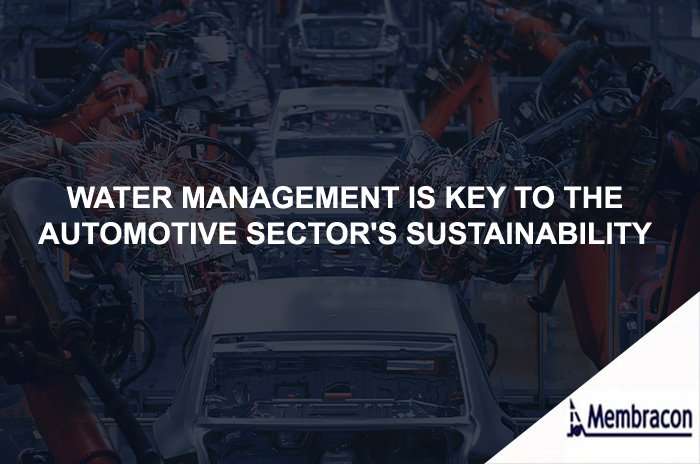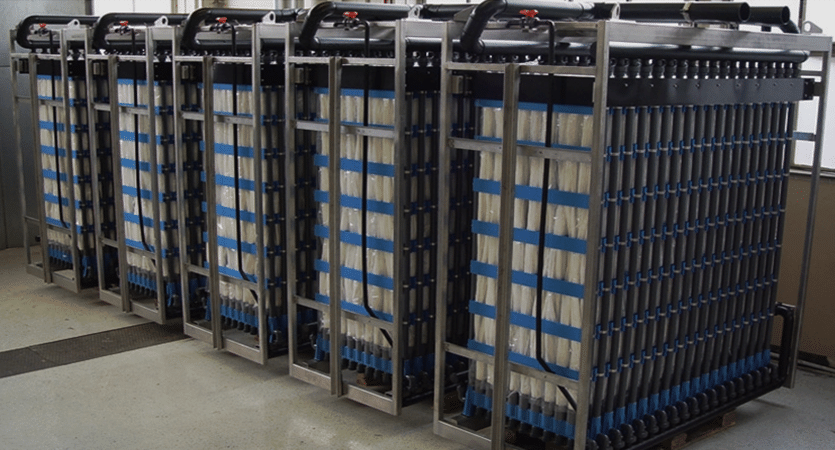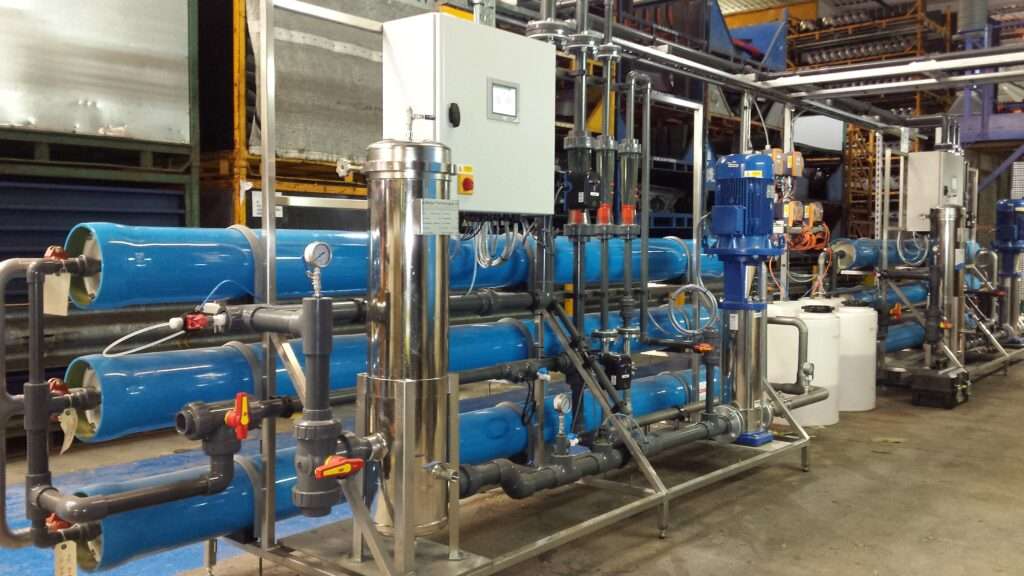
Water management is key to the automotive sector’s sustainability
The automotive sector is transitioning from internal combustion engines and fossil fuels to electric motors and batteries.
Electric vehicles are unquestionably better for the environment over their lifespan, but they create a few new sustainability challenges.
The headline environmental challenge of this transition is the sustainability of the mining and extraction of raw materials. But there is another key challenge, and it makes up 60% of every human being. We are talking about water.
Water in automotive manufacturing
Producing just one average-sized internal combustion car requires over 39,000 gallons of water. As incredible as this number is, it is beaten by electric vehicles, which are about 50% more water-intensive.
Thankfully, EVs also use 29% less energy and 37% fossil fuel resources, balancing the water intensity increase. But there is still work to be done; there are ways to ensure this water intensity is managed appropriately.
Why water management is the key to sustainability
Today, the automotive sector is one of the biggest consumers of water. Production demands water for cooling, refinement, cutting, and hundreds more processes. It is a precious commodity, and it is also finite.
In particular, metal finishing, surface treatment and coatings use lots of finishing water (highly refined water, purified to a precise specification).
Water presents the automotive industry with a sustainability challenge. As it transitions to electrification, water consumption is set to increase.
So, the industry must find a way to reduce its freshwater consumption and tap water to be sustainable. Doing so will reduce the industry’s carbon footprint and save millions of gallons of water from getting discarded every day.
How the automotive industry can save water
Automotive manufacturing plants must look at the way they consume and discard water to identify opportunities for recycling and reuse.
Production processes that use large volumes of water should have run-offs and pumps that collect water for recycling. Wastewater and effluent are natural by-products of manufacturing processes, and machines can filter and purify it if it is collected.
Water recycling and reuse provide an economical way to reduce new water usage while also meeting demand. In theory, we can meet a manufacturing plant’s entire water requirements with an efficient closed-loop reclamation process.
Here are a few viable technologies that can recycle water:
- Membrane Bioreactors(MBRs). These are for small to medium scale recycling, combining a biological treatment process (to remove organic contaminants) with a membrane filtration system to filter a wide range of fluids. The MBR systems we design support a flow rate of up to 2,000m3/day and treat water loaded with oils, salts, and other solids and minerals.

- Reverse Osmosis(RO). This is for large scale filtering to remove particles, including ions, from water. Suitable for purifying water to precise specifications, such as returning finishing water to a previous state. The process uses no chemicals, jetting pressurised water through semi-permeable membranes. The systems require little maintenance because they are self-contained.

Find out how we can help
Membracon is a global leader in the automotive water treatment sector, providing solutions and technology to world-class manufacturers. Contact us to find out more.
